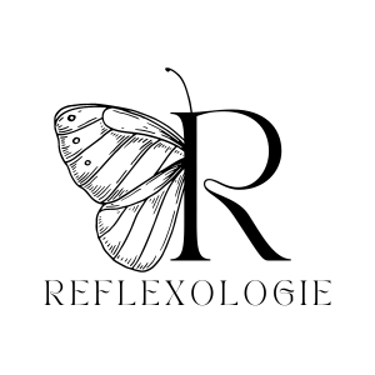O2
CRANIOSACRAL REFLEXOLOGY
CRANIOSACRAL REFLEXOLOGY, WHAT IS IT?
Craniosacral reflexology is a technique inspired by osteopathy. Like body reflexology, it is an alternative therapeutic method that is gentle and non-invasive, yet yields rapid and excellent results. During a session of craniosacral reflexology, the areas of the feet and hands receive the reflexologist's attention.
The application of spiral movements on these reflex zones helps improve the flow of cerebrospinal fluid in the body, thereby rebalancing the nervous system and aiding in tension release. Craniosacral reflexology is particularly suitable for individuals experiencing traumas, hormonal imbalances, or difficulties following an accident.
BENEFIT FROM COMPLETE AND PERSONALIZED CRANIOSACRAL REFLEXOLOGY CARE
As a professional with extensive experience, my goal is to offer my clients treatments that are perfectly tailored to their needs, expectations, and concerns. Always attentive to my clients, I provide personalized and comprehensive care to each of them. Discover the range of protocols we can implement to quickly and sustainably improve your well-being:
To learn more about craniosacral reflexology, you can visit the website of the Canadian Reflexology Association.
PRICES FOR ALL TREATMENTS:
140$ FOR 90 MIN
110$ FOR 60 MIN
S01
Craniosacral Therapy Protocol
Recommended for both adults and children, this protocol allows:
Eliminating the causes of bodily dysfunction
Improving body balance and health
Combating symptoms, physical pain, emotional pain, and psychological pain
Acting against stress, depression, insomnia, migraines, and muscle pain
Enhancing overall well-being
Regaining vitality and energy
S02
Hormonal Therapy Protocol
Our hormonal glands affect our thoughts and emotions, which is why hormonal imbalance impacts our entire body. Craniosacral reflexology helps support and promote hormonal balance. It is recommended for combating:
Depression
Addictions
Premenstrual syndrome (PMS)
Menstrual pain
Menopause
Hot flashes
Infertility
Breast milk production
Impotence
Diabetes
Insomnia
Hypoglycemia
Osteoporosis
Arthritis
Digestive problems
S03
Cardiovascular Therapy Protocol
This therapy is beneficial for improving:
Body oxygenation
Blood circulation
Stress
Addictions
Constant feeling of cold
Hypoglycemia
Headaches
Raynaud's disease
Varicose veins
Heart attacks and strokes
Libido
Energy
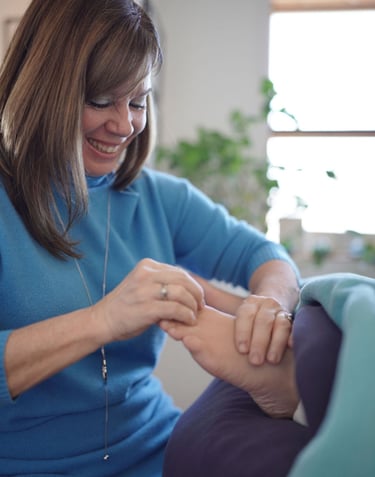



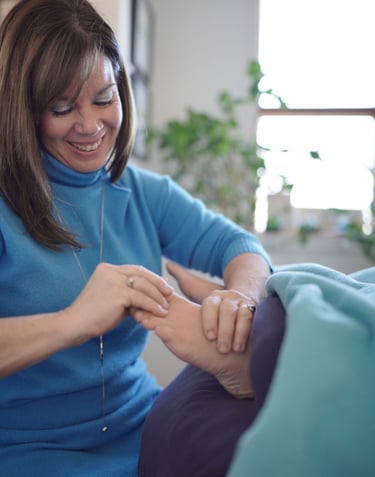

S04
Child Therapy Protocol
Craniosacral reflexology can help babies and children feel better. This type of care is recommended for:
Birth traumas
Premature babies
Excessive crying
Recurring infections
Attention deficits
Developmental delays
Sleep problems
Anxiety, insecurity, or agitation issues
S05
Whiplash Therapy Protocol
This therapy can help you feel better in cases of:
Physical, mental, or emotional traumas
Road accidents
Bicycle, skiing, or other accidents
Severe falls
Concussions
Neck injuries
Injuries related to sports practice
Muscle pain
S06
Lymphatic Therapy Protocol
Lymphatic Therapy is beneficial for:
Stimulating lymph circulation
Stimulating lymph nodes
Boosting the immune system
Helping fight infections
Combating water retention
Aiding in the healing of edemas
Assisting in wound healing
Detoxifying the body
Aiding in relaxation
Assisting in weight loss
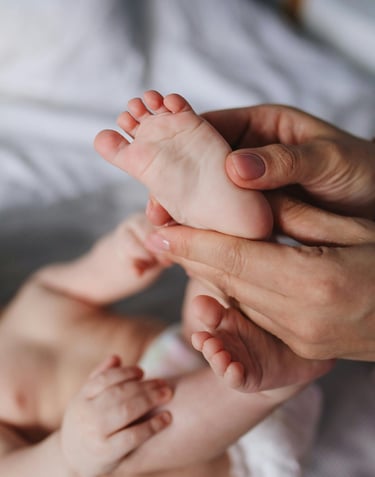



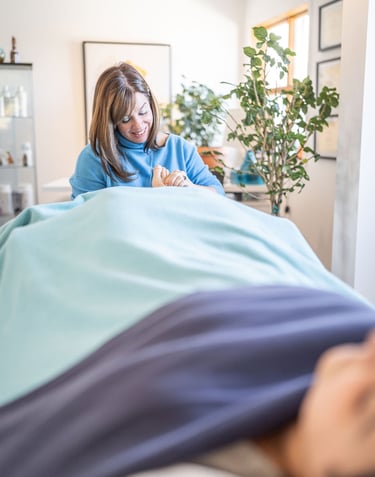

S07
Brain Protocol
Brain therapy helps:
Slow down brain aging
Alleviate personality disorders
Connect the two hemispheres
Make good decisions
Change one's outlook on life
Calm the mind
Work on facial expressions
Improve vision
Reduce stress
Work on emotions
Enhance memory
Improve language learning
S08
Autonomic Nervous System Protocol
The autonomic nervous system therapy aids in:
Balancing the sympathetic and parasympathetic nervous systems, enabling effective adaptation to any stressful situation at any time and to all changes.
Its role is to maintain homeostasis by continuously adapting to changes in both internal and external environments.
Regulating internal body functions such as: respiration, body temperature, circulation, heart rate, metabolism, food absorption, sense of hunger and satiety, thirst, urinary and sexual functions.
Directing the nervous system towards optimal performance.
Promoting better adaptation in stressful situations, helping to manage fear, anxiety, and anger behaviors more effectively.
Assisting in better management of pain, emotions, and desires.
Aiding in achieving restorative sleep.
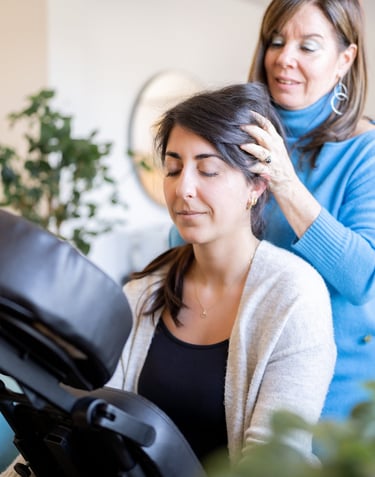



You have questions?


For any questions, inquiries, or appointment bookings, feel free to contact me. I'll be happy to provide you with information.
